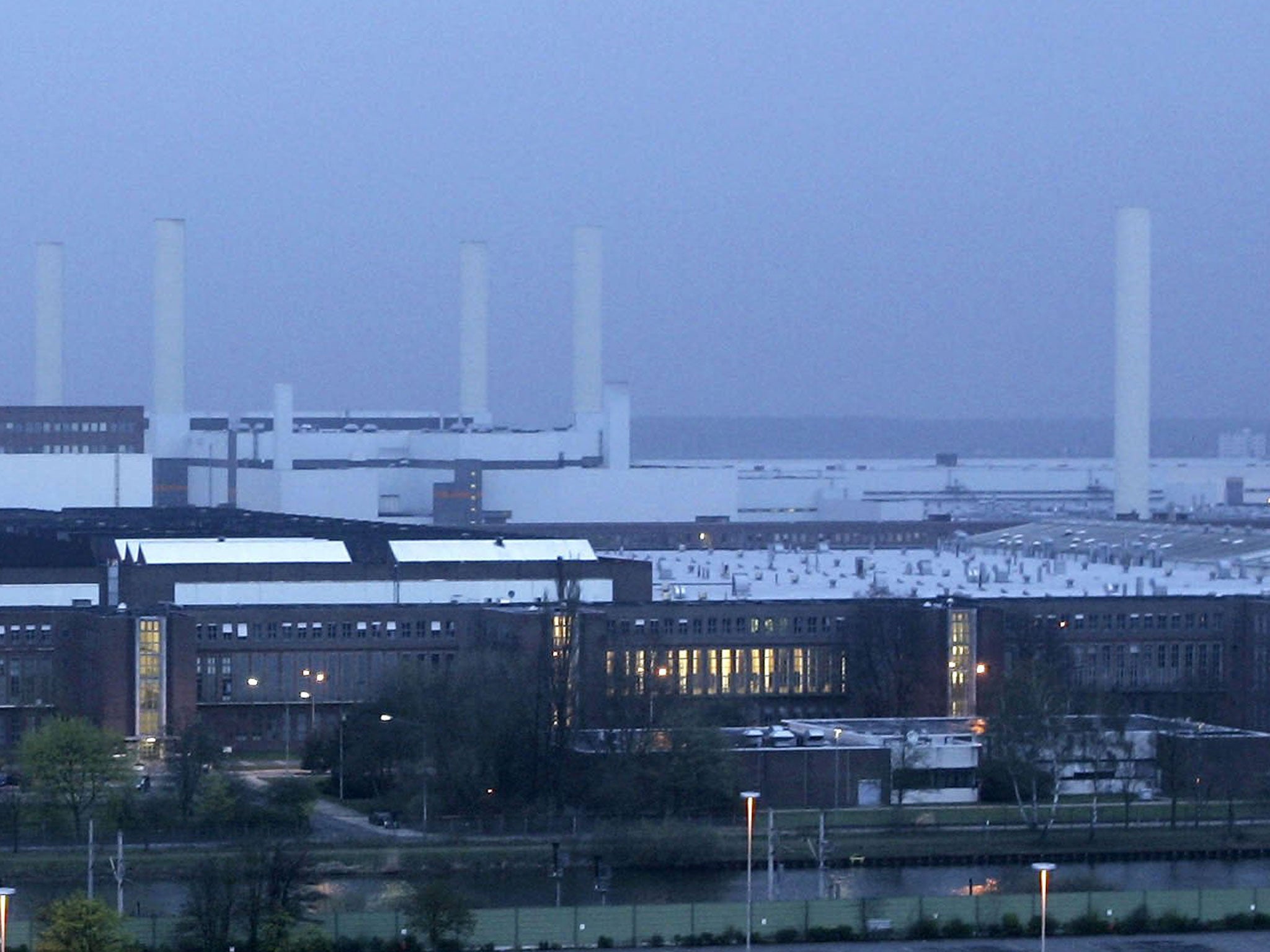Ofgem's plan to keep the lights on: Factories to be paid to cut back electricity use
The initiative is aimed at the highest industrial users of power who will be encouraged to switch maximum output away from afternoons and evenings

Your support helps us to tell the story
From reproductive rights to climate change to Big Tech, The Independent is on the ground when the story is developing. Whether it's investigating the financials of Elon Musk's pro-Trump PAC or producing our latest documentary, 'The A Word', which shines a light on the American women fighting for reproductive rights, we know how important it is to parse out the facts from the messaging.
At such a critical moment in US history, we need reporters on the ground. Your donation allows us to keep sending journalists to speak to both sides of the story.
The Independent is trusted by Americans across the entire political spectrum. And unlike many other quality news outlets, we choose not to lock Americans out of our reporting and analysis with paywalls. We believe quality journalism should be available to everyone, paid for by those who can afford it.
Your support makes all the difference.Factories will be paid to switch off their electricity during times of highest demand next winter under emergency plans to stop the lights going out.
Mothballed power stations will also be brought back into use amid fears that the current levels of generation will not be able to keep pace with soaring demand.
National Gird has been authorised by the energy watchdog Ofgem to take new steps to avert blackouts following predictions there could be just two per cent spare capacity in the system by 2015-16.
It will be allowed to offer cash incentives to businesses to reduce their electricity use between 4pm and 8pm on weekdays next winter.
The initiative is aimed at the highest industrial users of power who will be encouraged to switch maximum output away from afternoons and evenings.
The strain on Britain's electricity network has steadily increased as demand from an ageing population grows while antiquated power stations are closing without new plants ready to replace them.
The Grid can already ask generators to produce more electricity at times of peak pressure, but Ofgem has acknowledged it needs to go further.
Old gas-fired power stations, which have been shut down because they are uneconomic, are more likely than coal-fired plants to be put on standby because they are more “environmentally friendly”. Ofgem stressed they would only be brought back into service as a last resort.
The watchdog's moves come weeks after two major energy suppliers warned of the risk of the lights going out.
Npower's chief executive, Paul Massara, said he did not know whether Britain would “get through next winter” because of dwindling spare generation capacity and ScottishPower has claimed environmental levies make the country “even more vulnerable to the threat of blackouts”.
Ofgem recently warned that “electricity margins” would narrow more quickly over the next two years than it had previously predicted. It forecast the headroom in the system could fall as low as five per cent this winter during the coldest weather, but insisted there was no danger of the Grid being unable to cope.
Its chief executive, Andrew Wright, said: “Britain has one of the most reliable power systems in the world, but with margins tightening there can be no room for industry complacency on security of supply.
"Therefore we have approved these new tools to act as an extra insurance policy that is available for National Grid to protect consumers' power supplies."
Ofgem said it would regulate the costs of the new measures and only allow them to be passed on "in an efficient and economic manner". They should add less than £1 to average annual household bills, it said.
Join our commenting forum
Join thought-provoking conversations, follow other Independent readers and see their replies
Comments